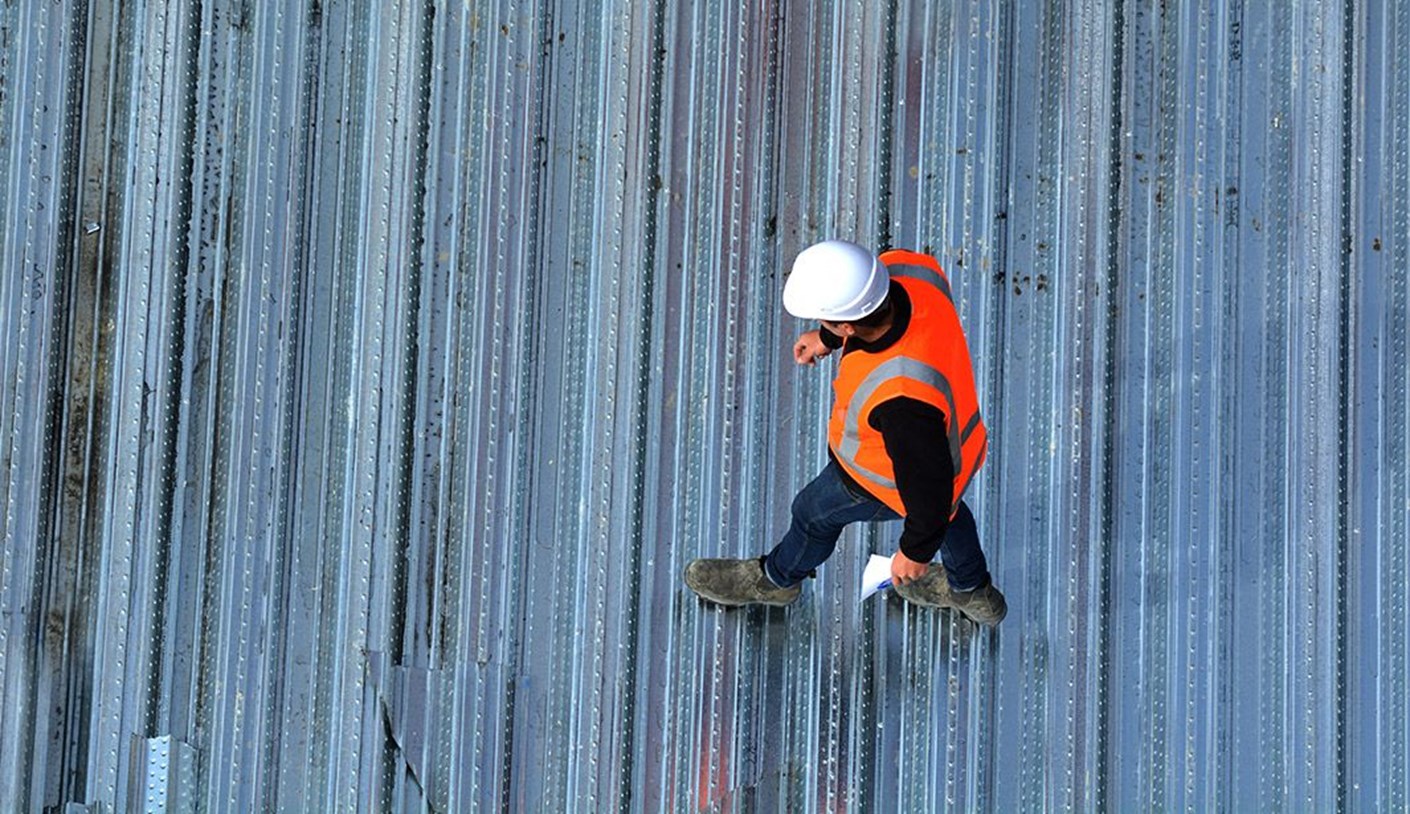Shelton Stat of the Week
78% of people around the world believe that climate change is occurring and caused by human activity. — Eco Pulse®, 2023 (Global)
As a longtime New Yorker who has worked in sustainability for years, I returned to Climate Week NYC with the paradox of this moment in mind.
On one hand, there’s a political movement in the United States against the inclusion of environmental, social and governance (ESG) matters in business. On the other, over the summer, the European Commission passed legislation – the Corporate Sustainability Reporting Directive (CSRD) – that requires companies of a certain size to report on ESG topics in the coming-soon years. The Wall Street Journal estimates that over 3,000 of the largest companies in America will be subject to the CSRD.
But how will this work? How will business leaders who are already feeling anti-ESG backlash respond to increased regulation?
After days of listening and sharing with dozens of colleagues at Climate Week, you would think the answer would be complex. But it’s not. Businesses will succeed in this new era of compliance by communicating the most important letters of all: W-H-Y.
Why we do this work. Why a clean environment is essential to our shared future. Why it’s crucial to treat each other with dignity, respect, and fairness.
Four key takeaways from Climate Week NYC led me to this answer.
1) People don’t like the term “ESG,” but they support the issues behind ESG.
One of the best sessions I attended at Climate Week was What’s in a Name? Better ESG Messaging Based on Current Polls. In it, John Marshall of Potential Energy Coalition presented his research on people’s ESG perceptions.
In essence, people who don’t work in the ESG space do not understand what ESG means. And if people don’t understand what something means, it has no relevance to their lives. It becomes abstract and philosophical, rather than real.
BUT when Marshall asked people about a company’s responsibility to their people and the environment, the respondents were largely in support of these ideas. At Shelton Group, we have found similar public support for business responsibility in our research. According to our Eco Pulse®, 2023 (Global) survey, 75% of people in America are interested in hearing from companies about their GHG emissions reduction efforts. Further, 58% say their opinion of a company would improve if they knew the company was a leader in GHG emissions reduction.
So, whether we call it ESG or CSRD or whatever acronym comes next, people want real talk. Make your business story relevant to them. And keep it jargon-free.
2) In business, the beginning is near.
We are on the cusp of a transformation in business. For a long time, too many businesses have justified any means for higher profits. (You guessed it: Milton Friedman.) A company could have 95% bad labor practices or pollution, but they supplement this with 5% philanthropy.
Don’t get me wrong – I’m not criticizing anyone’s charity work. But people are no longer willing to excuse companies for wrongdoing, so long as they do something good on the side. The beneficial work has to be built into the company’s operations from the start.
To paraphrase one of the speakers on a panel about youth and climate equity, “Somewhere in a board room, they said, ‘You know what young people like? They like “doing good.” So, let’s add in some good’.”
The answer here does not have to be complicated. Our own Suzanne Shelton recently gave a great example when talking about waste from a company’s operations. “Waste sounds like it has no value,” she said, “It isn’t waste. It’s feedstock for the next thing you need.”
This is exactly the kind of thinking that brings sustainability into core business operations. People want to see this kind of integration throughout your business, from HR to operations and everything in between.
3) Always lead with authenticity.
Building on the idea that a new era of business is here, one where companies integrate greater sustainability and social efforts into the core, it’s crucial that businesses stay authentic.
John Marshall, noted above, offered food for thought: What if the Bud Light debacle wasn’t solely because they ran a social media promotion with a trans person? What if it was because the message came off as inauthentic? After all, anyone knows that a lot of Bud Light drinkers like sports. When the promo featured someone mocking sports, it was a disconnect for all the sports fans who have liked the beer for years. (I have zero interest in rationalizing bigotry or igniting politics here; again, thought experiment.)
As I mentioned, thousands of U.S. businesses will soon have to comply with new regulation from the European Union. For instance, companies will have to explain how they are addressing potential financial risks from climate change. For many companies, this will be new information to share. But when a business is grounded in authenticity, people are more open to the message, even if it’s not ideal.
Consider this: in the ESG Messaging panel, a participant shared about how his company was having a hard time procuring the renewables needed to meet their public commitments for a variety of reasons. Some people in the company were hesitant to share this story. But he insisted. The company spoke to people as adults and opened a dialogue with their customers about the trickiness of the renewable market. In turn, these conversations created connection. At Shelton, we find similar results with our clients all the time.
4) Reporting creates transparency, and transparency creates trust.
I readily admit that Climate Week NYC is an annual gathering of believers. (And I LOVE it!) Yet for all the compelling talks and stirring conversation, real action wins every time.
For business, this action is best demonstrated through reporting. We can have endless good intentions, but it doesn’t matter until we put evidence and data behind our words.
I left Climate Week NYC even more certain that the CSRD presents a huge opportunity for businesses. Companies will have to disclose how they are managing their impact on the world, as well as how they are managing the risk of a hotter, more turbulent world on their business. And people – investors, employees, suppliers, customers, and partners – want to know. Through reporting the facts and telling the stories behind them, we can show them.
This is not complicated if business leaders remember: W-H-Y. Why does your business exist? Why do you do the work you do? Why should people buy from your company?
When your company is rooted in purpose, you know the answers to these questions. Now with your future-looking comms strategy firmly in place, make sure everyone knows.
 View all
View all 
